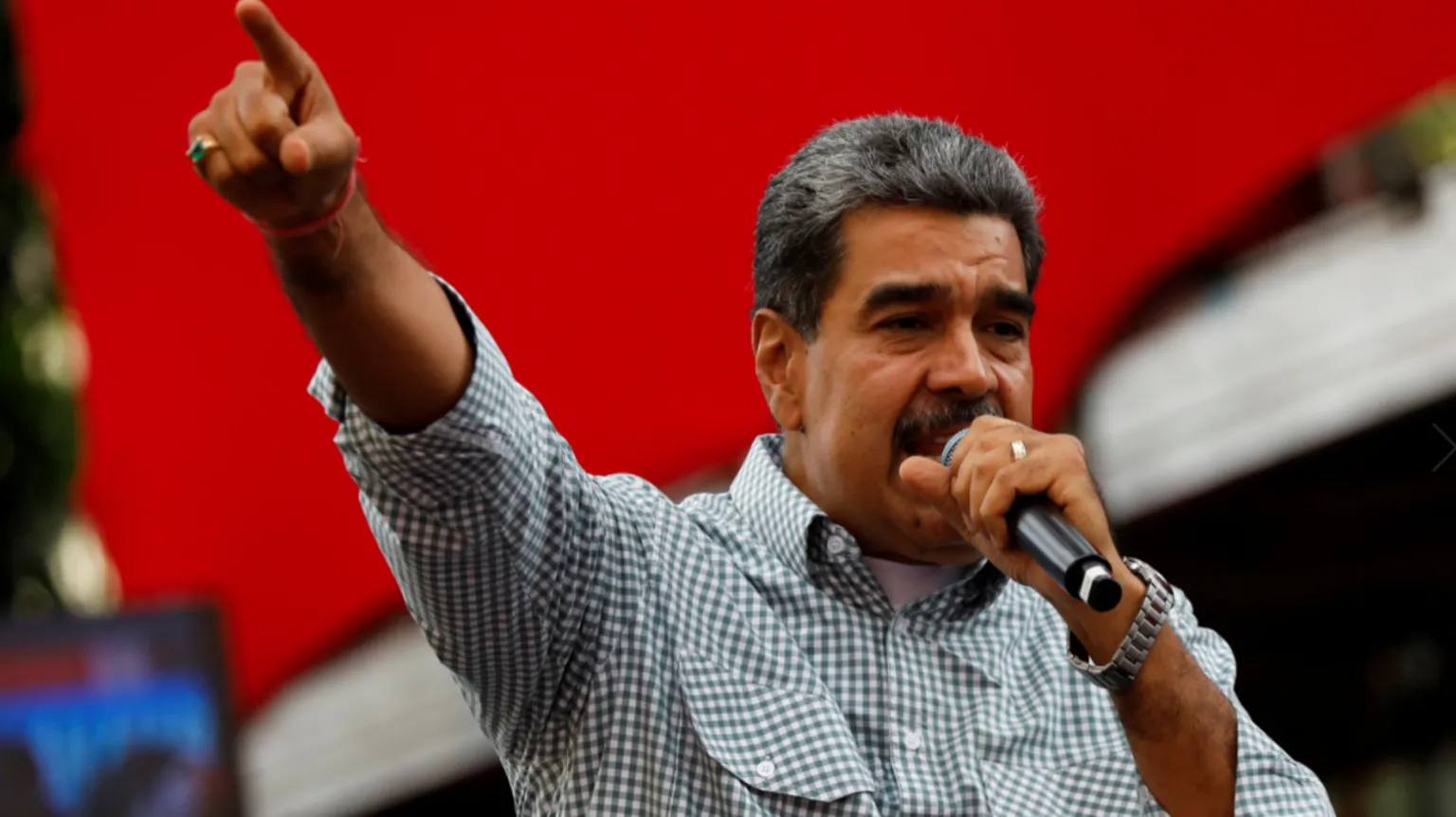US authorities seized Venezuelan President Maduro’s plane amid rising tensions.
Dramatically escalating tensions between the US and Venezuela, US authorities have seized a plane belonging to Venezuelan President Nicolas Maduro. The move, part of a broader strategy to pressure Maduro’s government, further strained already strained relations between the two countries. As the situation unfolds, the incident marks a significant development in the ongoing geopolitical conflict.
Tour: What happened?
The US government’s decision to seize President Maduro’s plane comes as part of a series of moves to isolate and weaken his administration. The plane, which had been under surveillance for some time, was reportedly seized under US laws that allow the seizure of assets linked to foreign leaders deemed corrupt or involved in activities against US interests.
The plane, a symbol of Maduro’s power and prestige, represents more than just a mode of transportation. It is a key asset in Venezuela’s ongoing power struggle. By targeting such a high-profile takeover, the U.S. is sending a clear message to Maduro and his inner circle: There will be no safe haven for those linked to the Venezuelan government, and their assets are at risk.
Why now? A context of rising tensions
The seizure of Maduro’s plane is the latest in a series of moves by the United States to undermine his government. The US has long accused Maduro of human rights abuses, corruption and the collapse of democratic institutions in Venezuela. Since the disputed 2018 presidential election, where Maduro claimed victory amid widespread allegations of fraud, the United States has increased sanctions against his government.
The sanctions, targeting key industries, financial institutions and individuals within Maduro’s government, have crippled Venezuela’s economy and exacerbated the country’s humanitarian crisis. The plane seizure fits into a broader strategy of maximum pressure, designed to force Maduro to step down and pave the way for new elections.
The possession time is also noteworthy. Relations between the United States and Venezuela have been particularly strained in recent months, with the two sides engaged in a war of words and accusations. The US government, under President Joe Biden, has continued the hardline approach of its predecessor, maintaining and expanding sanctions while demanding democratic reforms in Venezuela.
Implications for Venezuela
The seizure of Maduro’s plane is not just a symbolic act. This has real consequences for the Venezuelan government. The plane, a prized asset, is now beyond Maduro’s reach, representing a tangible loss for his administration. The move could have a chilling effect on other assets linked to Maduro and his allies inside Venezuela and abroad.
Moreover, the occupation could further destabilize the already volatile situation in Venezuela. Maduro’s grip on power, though firm, is not unchallenged. The loss of such a top asset could be seen as a sign of weakness, possibly emboldening opposition forces within the country. It also sends a message to Maduro supporters that their assets are not safe, who are likely to defect or lose support.
On the diplomatic front, the seizure is likely to increase tensions between the US and Venezuela, making any possibility of talks or negotiations even more remote. Maduro has consistently framed US actions as part of an imperialist agenda, using them to stoke nationalist sentiment and consolidate his base. This latest US move could further strengthen the positions of both sides, making it more difficult to achieve a peaceful resolution to the conflict.
International reaction
The international community is watching the situation in Venezuela closely, and the seizure of Maduro’s plane will be met with a strong response. Venezuela’s allies, such as Russia and China, are likely to condemn the US move as illegal and provocative. These countries have provided economic and diplomatic support to Maduro’s government, and the seizure could lead to increased tensions between them and the United States.
In contrast, many Western nations and regional allies may view the occupation as a legitimate action against a regime they consider illegitimate. These countries have supported US efforts to pressure Maduro and recognize opposition leader Juan Guaido as Venezuela’s rightful president. The occupation can be seen as a continuation of the international community’s efforts to isolate Maduro and advance democratic transition in Venezuela.
Conclusion
The US seizure of Venezuelan President Nicolas Maduro’s plane is a major escalation in the ongoing conflict between the two countries. It’s a bold move that underscores U.S. determination to exert maximum pressure on Maduro’s government, even as the stakes rise in an already tense geopolitical standoff.
As the situation continues to evolve, the seizure of the plane will have far-reaching implications for both Venezuela’s internal dynamics and its relations with the wider international community. Whether this action will bring the desired results — the end of Maduro’s rule and the restoration of democracy in Venezuela — remains to be seen. However, one thing is clear: the conflict between the United States and Venezuela is far from over, and the road ahead remains uncertain and fraught with danger.
Inspired by bbc news and read more articles Here
